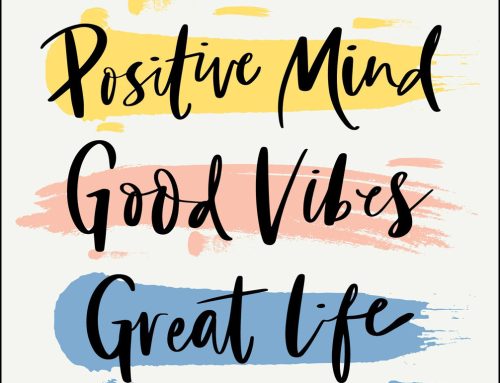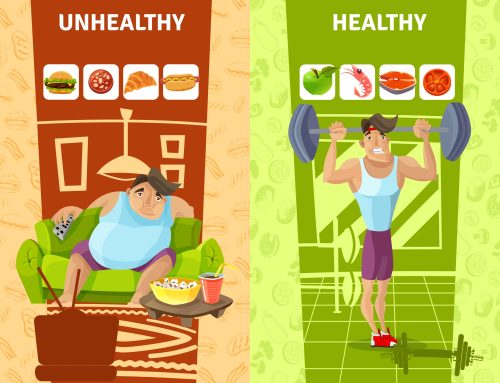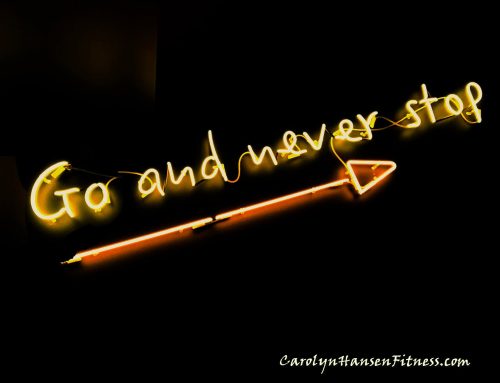ACHIEVING BALANCE
With so much emphasis on the type of exercises we should be performing and how often, it’s way too easy to overlook or not assign enough importance to the role that rest plays towards achieving and maintaining our fitness goals.
Because the world around us seems to supply us with instant gratification in so many ways, we come to expect it from our workouts too. We want results now and falsely believe that time spent resting prolongs the time it will take us to achieve our goals. We almost look at it as a set-back.
We have somehow separated resting from our fitness equation to success. Truth is, you can’t be active unless you rest. They work hand-in-hand, they are a team. They are the two opposing poles of the same energy. Working one without the other only leads to an imbalance and eventually fatigue, frustration and failure and even injury can be the outcome. Ignoring the “rest” part of any fitness equation is no better than ignoring the “active” part of the fitness equation.
Despite most sports people and athletes knowing that getting enough rest after competition or exercise sessions is essential to high-level performance, many still over train. They can feel guilty when they take a day off. The body repairs and strengthens itself not during physical activity but between workouts, and constant training will eventually weaken even the strongest athlete.
Rest is the time where muscles can rebuild, repair, rand strengthen. For keen exercisers building in rest days helps maintain a better life balance between fitness goal, home time and work.
REST IS A KEY PLAYER
Let’s look at the most common reasons why rest is critical to your fitness success:
Motivates: If you are not allowing your body to rest properly between workouts, your motivation will slip simply because you are worn out mentally and physically and don’t have the discipline to get another workout in.
Prevents Injuries: This one is probably the most obvious benefit of giving your body the proper amount of rest. Without it, you’ve opened yourself to “overuse injuries” because of the added stress and strain on ligaments, muscle fibers and tendons. (Your muscles are not working alone, your ligaments and tendons are affected too).
Overtime, you’ll be dealing with annoying and nagging aches and pains that steal your health away and depending on the nature of your injuries, you may not recover at all and find you’ll have to deal with these conditions for the rest of your life.
Controls Hunger: Extremely high levels of hunger are another result of too much exercise and too little rest. Unlike exercising in moderation that usually works to decrease your hunger level, when you exercise too much, you do the opposite…you increase your hunger levels.
When you combine numerous high volume workouts with a reduced calorie diet, chances are likely that you will eventually move into a state of over-training and/or under-resting.
Reduced libido, impaired immune functions, depression, changes in thyroid function, and altered reproductive hormones are just a short list of what you might experience from over-training.
Anyone who is actively working out needs to take a minimum of one full day off from training every week and many people would be better off taking two full days rest total.
The important thing is to learn to listen to your body and when it tells you to back off then follow its direction. Pushing against what your body is trying to tell you will only land you in trouble.
Respect your body and always work towards balance. Believe me, when your body is not balanced it will tell you. But, you have to be listening.
If we truly want to take command of our life…
“Reclaim Your Longevity” can help you do just that…
For more tools and resources from Carolyn Hansen to assist you in attaining your health and fitness goals and achieving the success you desire in life, please visit:
Isn’t it time to throw away all the false statements you’ve accepted about dieting and exercise and learn what it really takes to stay healthy and fit long into your senior years?






Leave A Comment